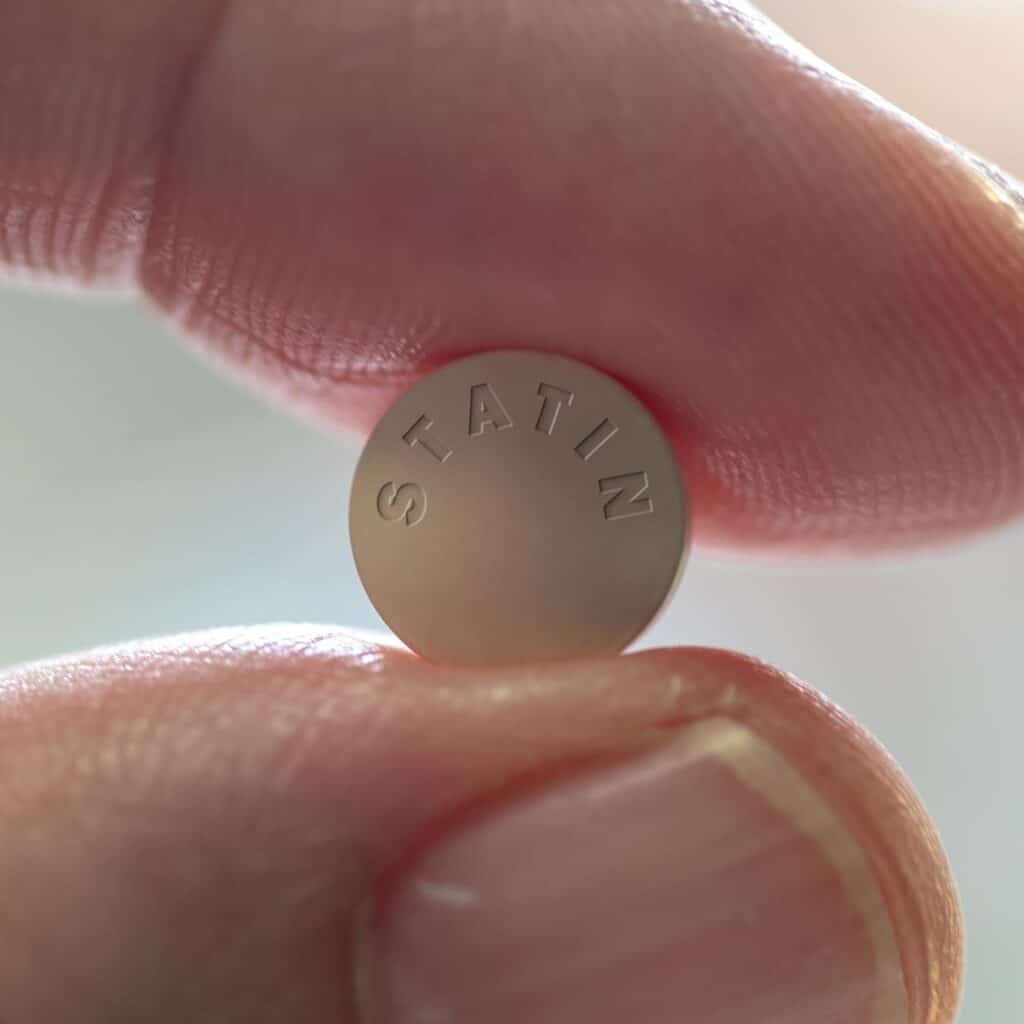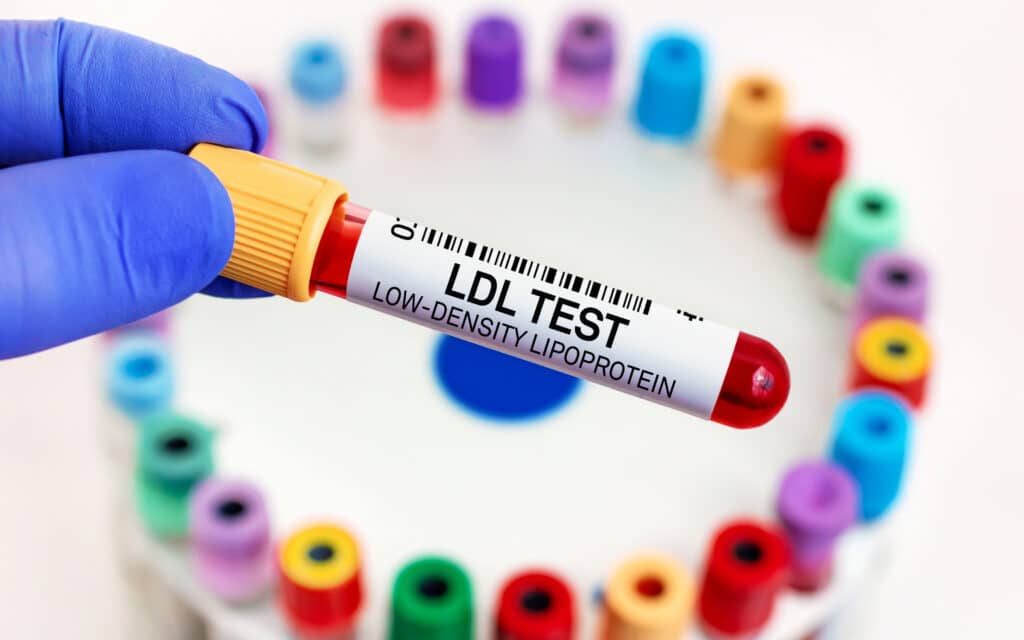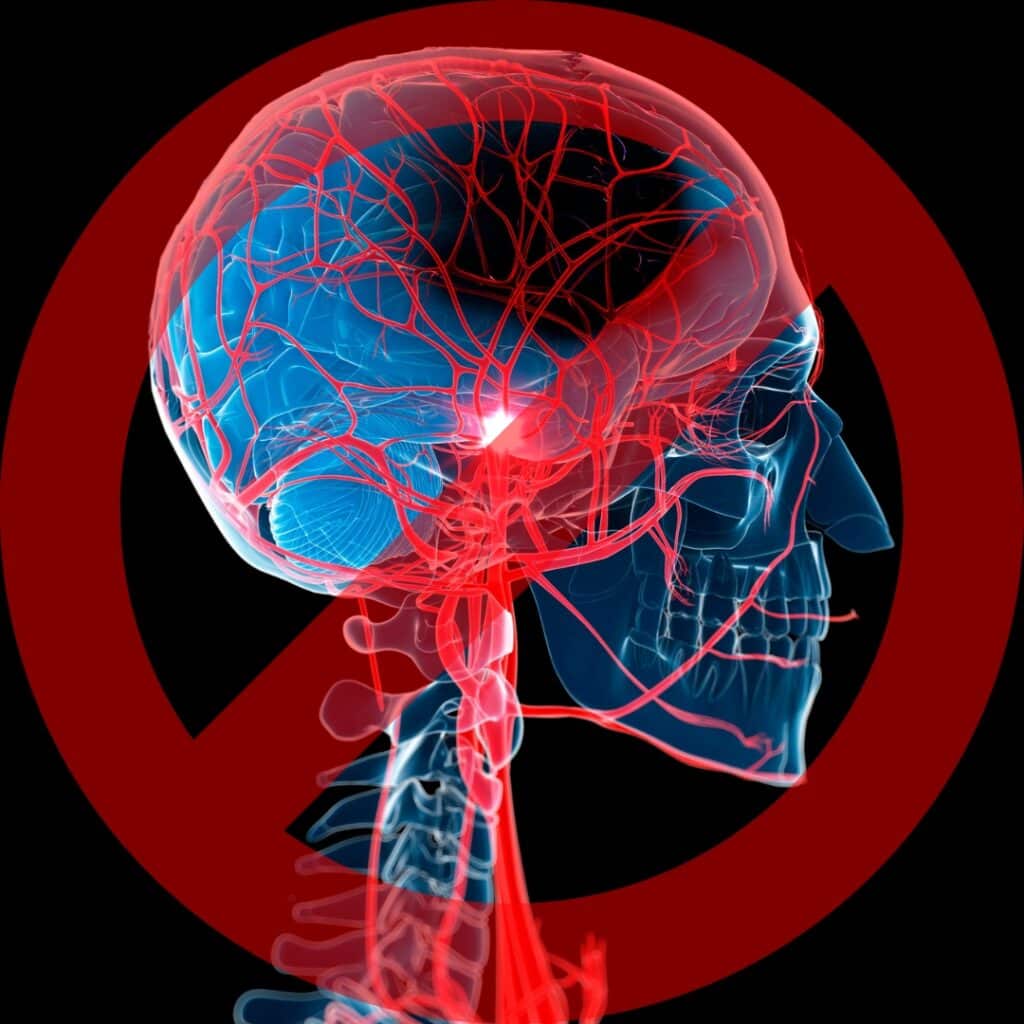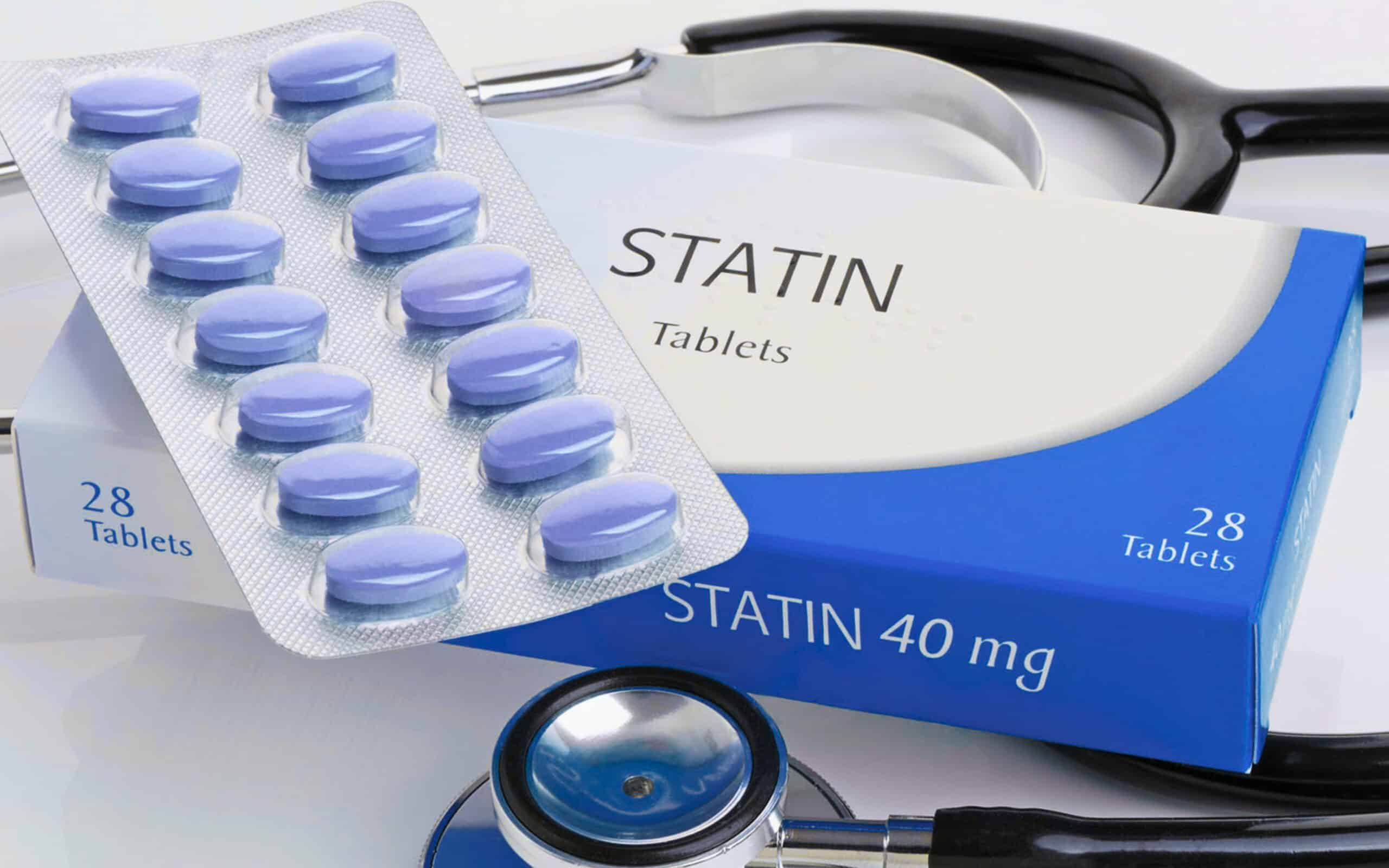If your doctor told you your cholesterol is high, you probably felt two things at once: confused, and also not surprised. Cholesterol is a major factor in heart attacks and strokes, and statins are the most common medicines doctors use to lower cholesterol and reduce those risks. But statins are not for everyone. This guide explains what statins do, who usually benefits, what the risks are, and how to talk with your doctor.
What are statins?
Statins are medicines that help your liver make less LDL cholesterol, the type that tends to build up in artery walls and cause heart attacks and strokes. Lowering LDL usually lowers the chance of those events.

Why lowering LDL matters
When LDL builds up inside arteries, it forms plaque. Over time that plaque can narrow or block blood flow, or break off and cause a clot. That clot can trigger a heart attack or stroke. Reducing LDL reduces how much plaque forms and lowers the chance of those events. Large reviews of clinical trials show statins reduce heart attacks, strokes, and related problems.

Who should consider a statin?
Doctors use a combination of numbers and risk factors to decide. Common situations where statins are usually recommended include:
- You already had a heart attack, stroke, or other artery disease. In that case statins are recommended to prevent another event.
- Your LDL cholesterol is very high, for example 190 mg/dL or higher. That level often leads doctors to start a statin regardless of other risks.
- You are 40 to 75 years old, have diabetes, and your LDL is 70 mg/dL or higher.
- You are 40 to 75 years old and your calculated 10-year risk of a heart attack or stroke is high enough that a statin would reduce that risk meaningfully. Tools and guidelines help estimate this risk. The U.S. Preventive Services Task Force recommends considering statins for many adults 40 and older with risk factors, after a shared decision with a clinician.
If your cholesterol is mildly high but your overall risk is low, doctors often start with lifestyle changes first and may delay or avoid medicines.
How much benefit can you expect?
Statins do two things: lower LDL and lower the chance of heart attacks and strokes. The size of the benefit depends on your baseline risk. For someone at high risk, statins can cut the chance of a heart attack or stroke by a sizable amount. For people at lower risk, the absolute benefit is smaller but still measurable in trial data.

That is why doctors use risk calculators and guidelines rather than treating every single high number the same.
Are statins safe? What about side effects?
Statins are generally safe for most people, and serious problems are rare. Still, there are side effects to know about:
- The most commonly reported complaint is muscle pain or achiness. In large blinded trials, muscle symptoms happen to some people but are only slightly more common than with placebo. Severe muscle breakdown is very rare.
- Mild increases in blood sugar and a small increase in diabetes risk have been observed with statins in some studies, but the heart benefits usually outweigh that risk for people who need the drug.
- Rarely, statins can affect the liver. Routine liver damage is uncommon, and major liver injury is very rare. Doctors check liver enzymes if there is concern.
- Some people report memory or thinking problems. These reports exist, but most studies have not found clear proof that statins cause lasting memory loss. If cognitive symptoms arise, doctors can evaluate and usually try changing the medicine or dose.
If side effects occur, there are often solutions: lowering the dose, switching to a different statin, or using an alternate therapy. Never stop a prescribed statin without talking to your clinician first.
Lifestyle still matters
Statins help, but they work best together with healthy habits. Eating a balanced diet, staying active, not smoking, and keeping a healthy weight all lower your heart disease risk and sometimes reduce how much medicine you may need. Doctors usually recommend lifestyle changes alongside any drug treatment.

What to discuss with your doctor
If you are trying to decide whether to start a statin, here are helpful questions to bring up:
- What is my 10-year risk of heart disease or stroke? How was it calculated?
- What is my LDL number, and would a statin lower it enough to change my risk?
- What are the most likely side effects for someone like me, and how would we manage them if they occur?
- Are there non-statin options if I cannot tolerate statins, and what is the plan to monitor my progress?
- If I start a statin, how will we check that it is working and not causing problems? (Typical monitoring includes symptom checks and periodic blood tests when needed.)
Statins lower LDL cholesterol and help cut the risk of heart attack and stroke, with the biggest benefit for people who already have heart disease, those with very high LDL, adults with diabetes aged 40 to 75, or anyone whose calculated 10-year cardiovascular risk is meaningfully high; side effects can happen but are usually mild and manageable and serious complications are uncommon, so never stop a prescribed statin without talking to your clinician, and remember that statins are a helpful teammate to healthy habits, not a replacement for good diet, regular activity, not smoking, and weight management.






